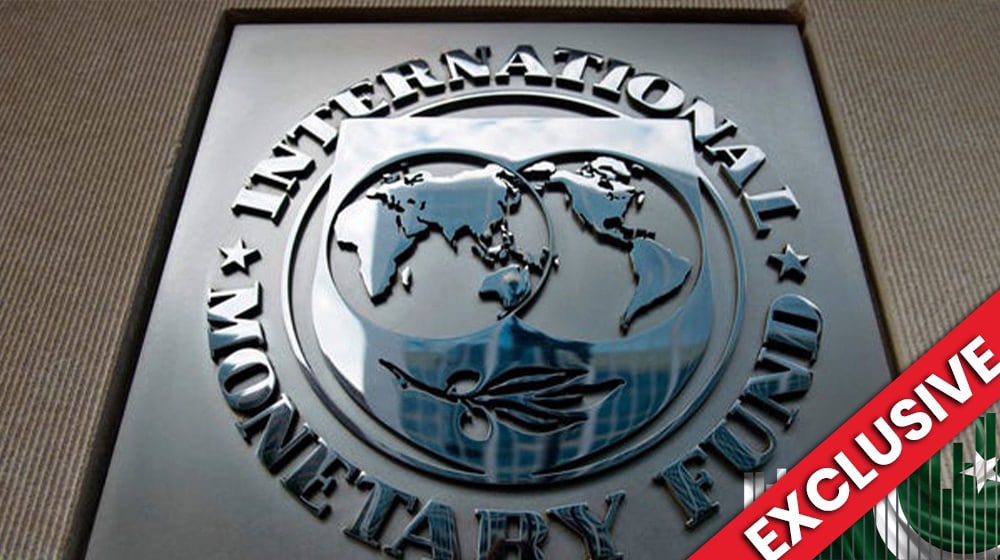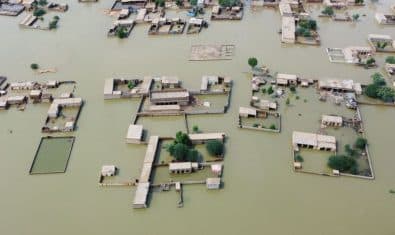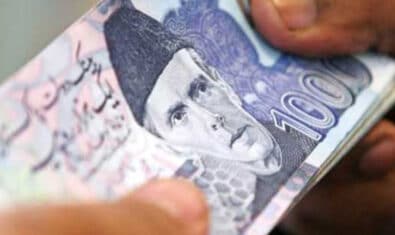Pakistan has to bear an additional cost of almost Rs. 2 trillion to revive the loan program of the International Monetary Fund (IMF) due to currency depreciation and an increase in the policy rate during the current fiscal year as part of prior actions suggested by the IMF.
The meeting of the IMF Executive Board will convene on 12 January 2022 for approval of the next tranche of one billion dollars contingent on the passing of the mini-budget and the State Bank of Pakistan (SBP) Amendment Bill.
The sources in the finance ministry told ProPakistani that the aftershocks could be seen in the budget estimates due to prior action taken by the government to fulfill the IMF’s conditions.
The government has taken several steps that were agreed with the IMF in the last meeting when Dr. Abdul Hafeez Shaikh was in the Q block of the Finance Division. The sources said that the government had set a target of around Rs. 3 trillion for payment of debt servicing for the current fiscal year keeping the 7 or 8 percent policy rate in view.
Now, the policy rate has been increased to 9.75 percent, which will not only increase the burden on debt servicing on the budget side by around Rs 50 billion but also increase the cost of industrial production. The high mark-up will jack up the cost of production, which will affect the economy in the shape of low production, inflated products, and unemployment.
During the current fiscal year, the currency depreciated to Rs. 180 from under Rs. 160. The volume of total foreign debt and obligations had increased to $127 billion up to June 2021. The debt burden in terms of the rupee surged up by Rs. 1.5 trillion, due to devaluation of the local currency against the US dollar without taking a single penny, the sources said.
The government also wants to raise Rs. 360 billion through the mini-budget for the current fiscal year. The main area for generating additional income through the proposed mini-budget is GST, which will increase the burden on the end consumer, who is already facing inflation by around 10 percent. The government has a plan to impose 17 percent GST on essential items, which are enjoying a low rate of GST. This move will also bring a storm of inflation in the country in the coming days if the proposed money bill is approved by parliament.
The government also increased the tariff of electricity and gas during the current fiscal year. The sources said although Pakistan has no other option except rejoining to IMF, the people will have to pay a heavy cost.





















